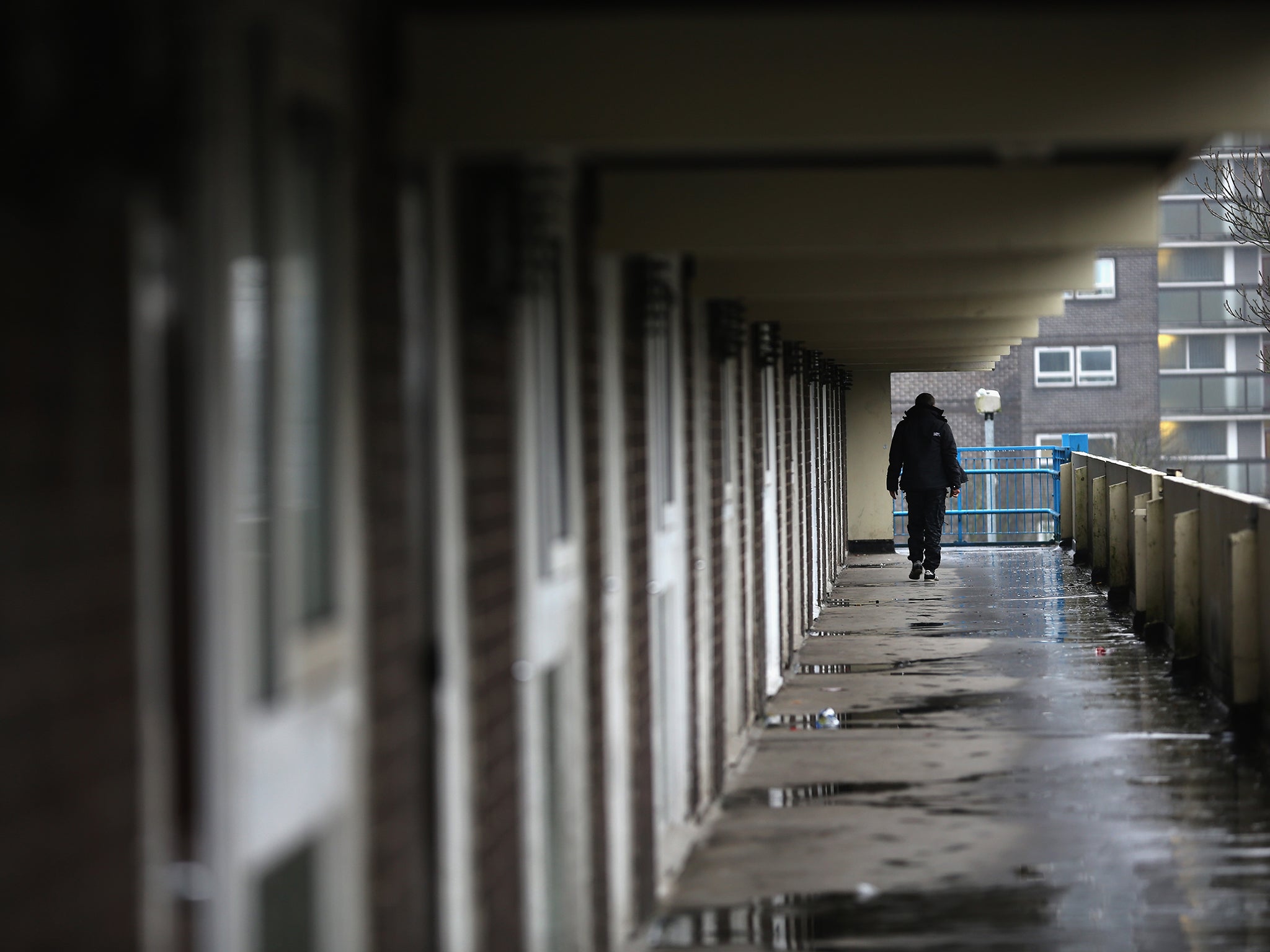Poorest households are the most heavily taxed
The worst-off 10 per cent of families pay 47 per cent of their earnings in tax because they are disproportionately affected by flat-rate indirect taxes

Britain’s poorest families hand over a bigger proportion of their income in taxes than better-off households, research published today discloses.
They are hit particularly hard by VAT, the Treasury’s second-biggest source of revenue, according to a report by the TaxPayers’ Alliance.
It warns that any increase to the 20 per cent standard rate of VAT would pile further financial pressure on struggling households.
The worst-off 10 per cent of families pay 47 per cent of their earnings in tax because they are disproportionately affected by flat-rate indirect taxes such as VAT, the council tax and duties on fuel, alcohol and tobacco.
The average household pays £274 a year more in taxes than it receives in benefits and services such as healthcare and education, according to the research. The best-off 10 per cent pay around £30,000 more than they get back in cash and benefits in kind.
Income tax league: the UK towns that pay the most and least tax
Show all 10The alliance calls for cuts to VAT and “sin taxes” as part of a sweeping overhaul of the tax system to rebalance its demands on different income groups.
Its chief executive, Jonathan Isaby, said: “This analysis shows how pernicious our tax burden has become. Not only does the tax system hit the poorest hardest, but those at the top are already contributing far more than anybody could reasonably describe as their ‘fair share’.”
The average household in London, the South East, East of England, South West and East Midlands paid more in taxes than they received in benefits and services, the report concluded. All other English regions, as well as Scotland, Wales and Northern Ireland, received more in benefits and services than their residents paid in taxes.
Subscribe to Independent Premium to bookmark this article
Want to bookmark your favourite articles and stories to read or reference later? Start your Independent Premium subscription today.

Join our commenting forum
Join thought-provoking conversations, follow other Independent readers and see their replies